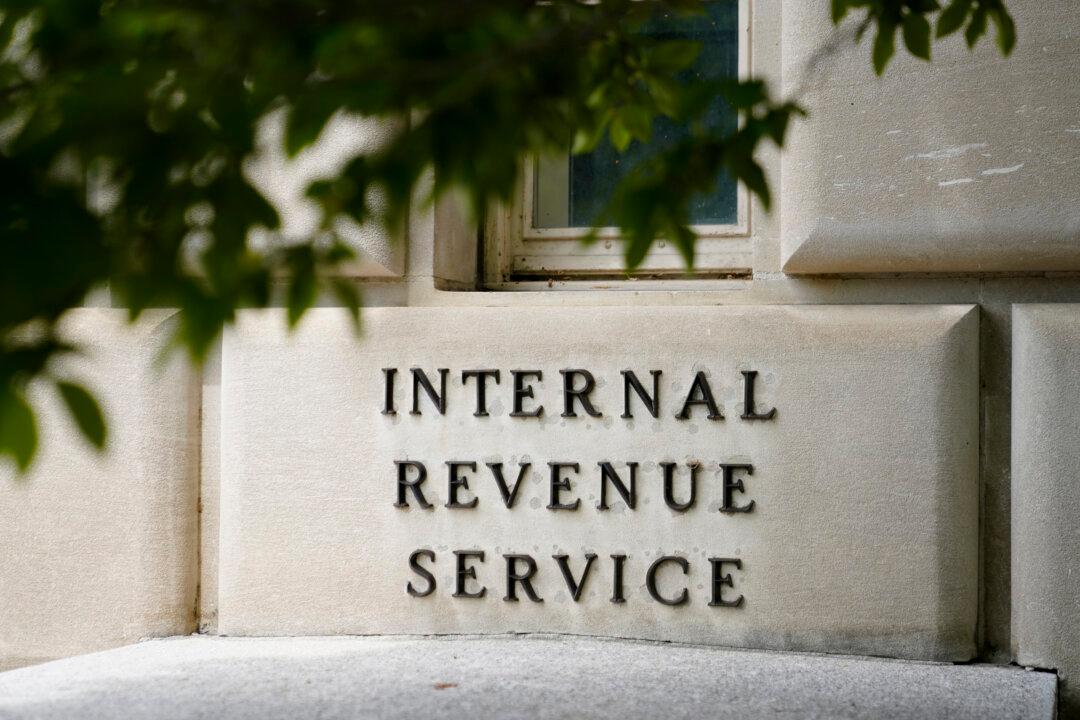The new, nongovernment Department of Government Efficiency (DOGE) led by Elon Musk and Vivek Ramaswamy has turned its attention toward simplifying the U.S. tax code.
“In 1955, there were less than 1.5 million words in the U.S. Tax Code,” the department stated in a recent post on social media platform X.





